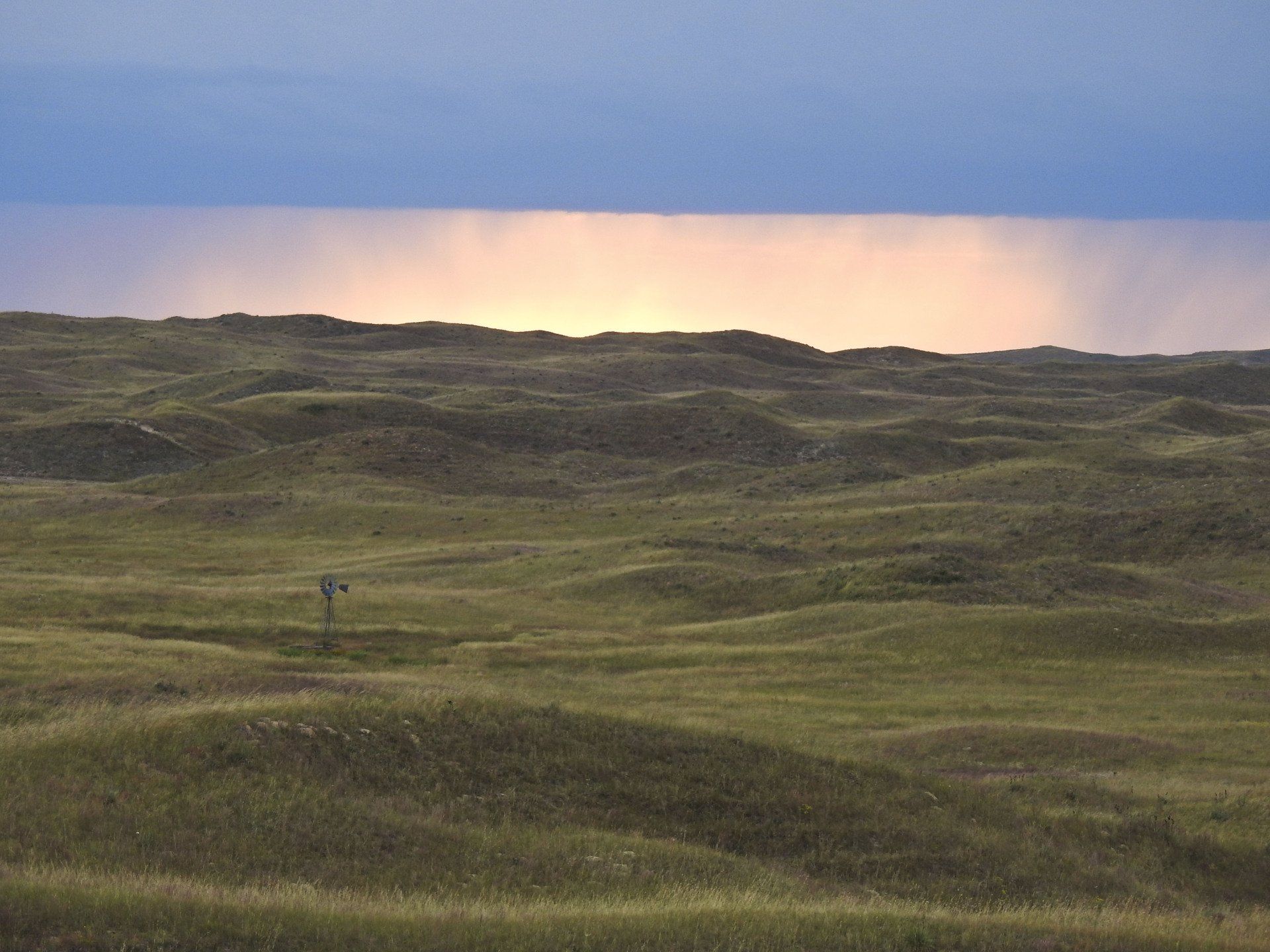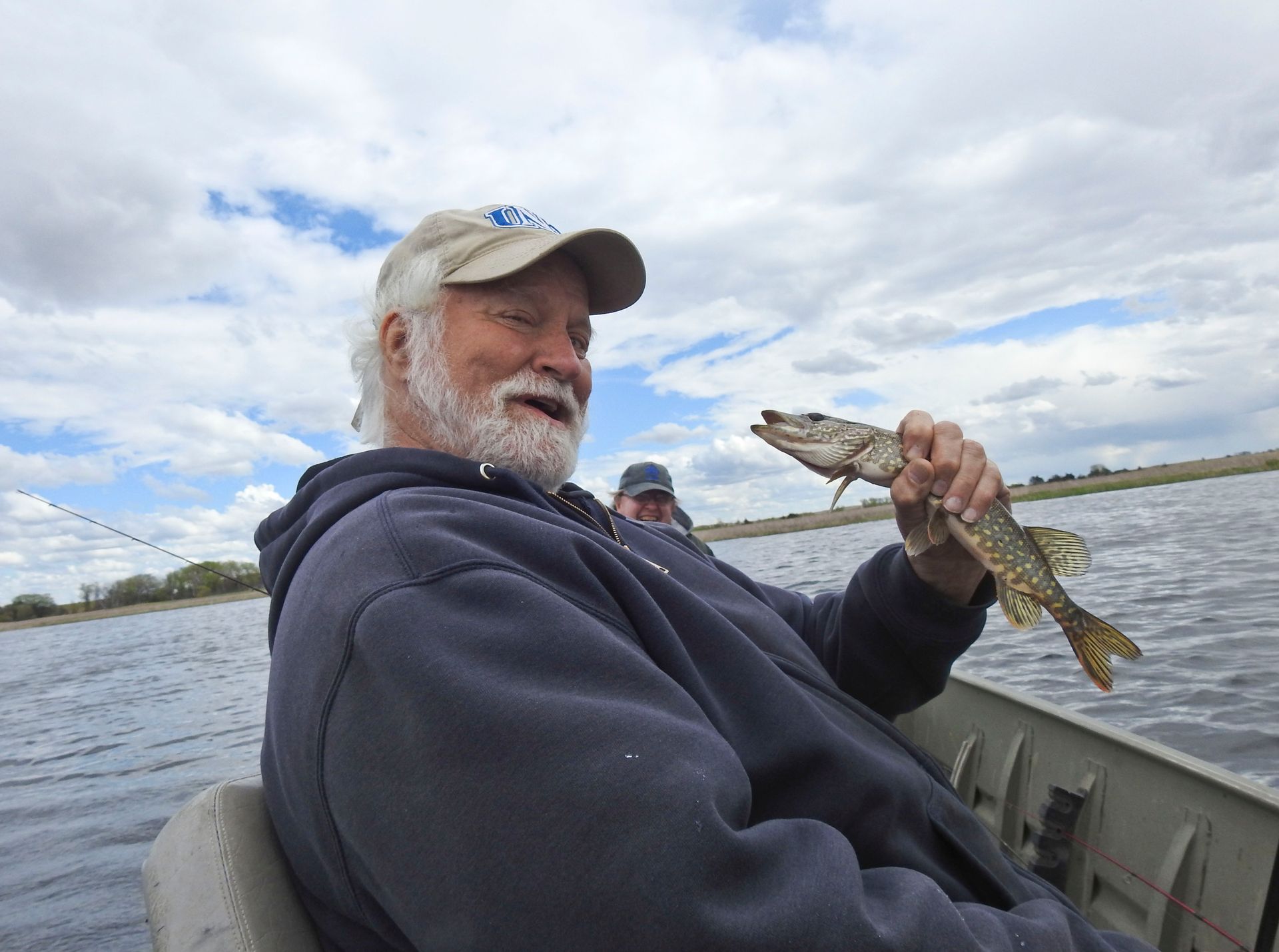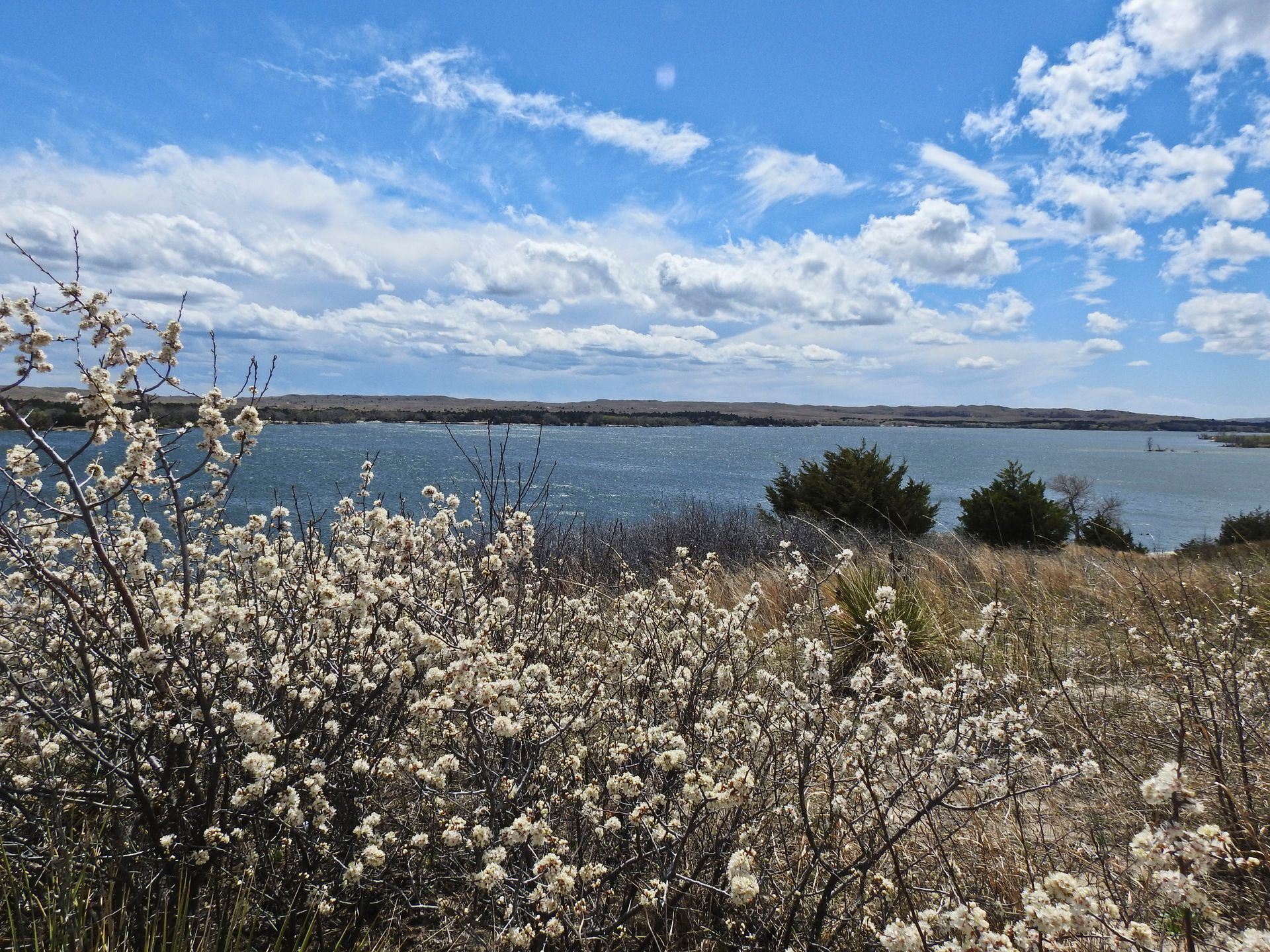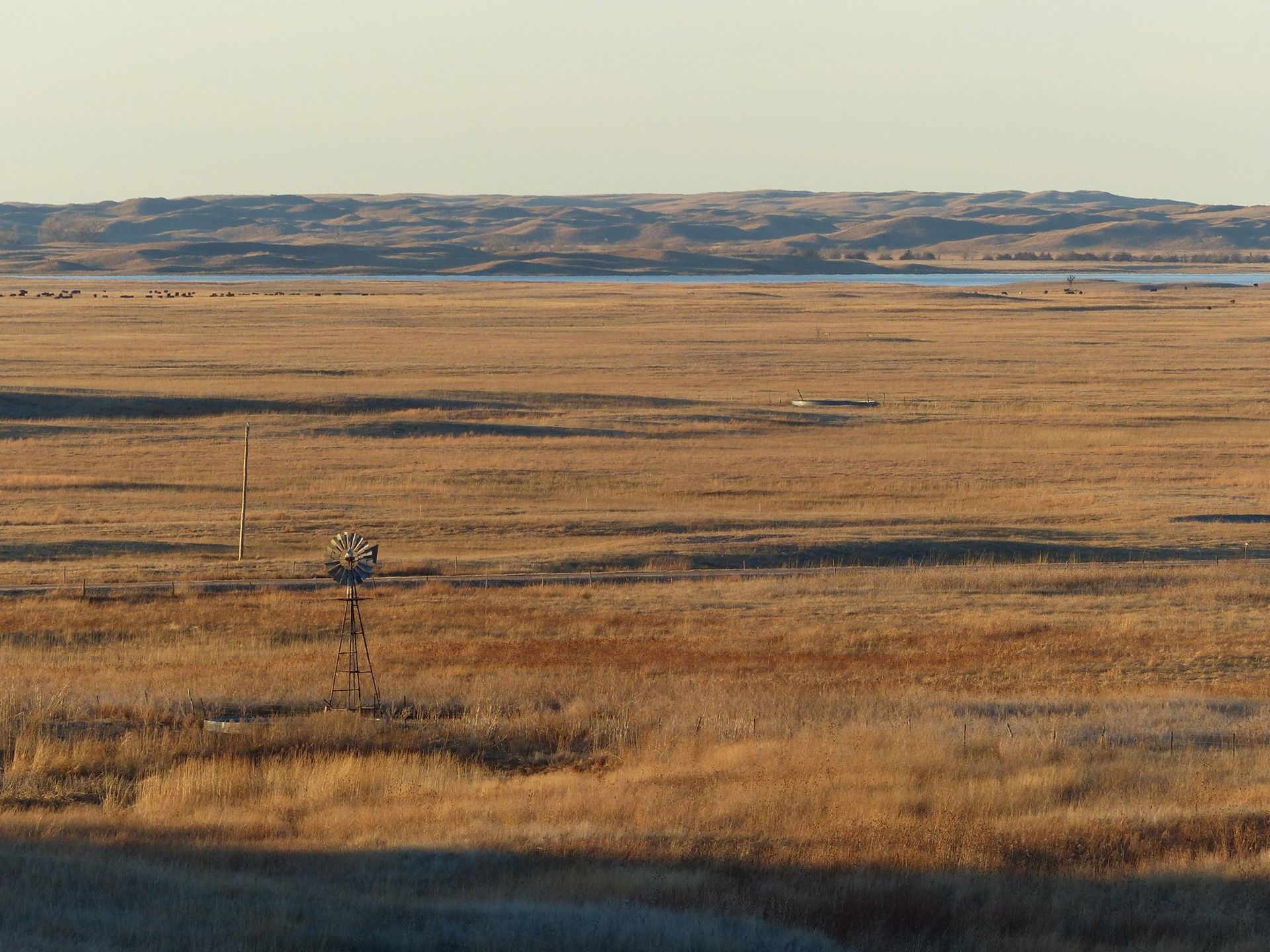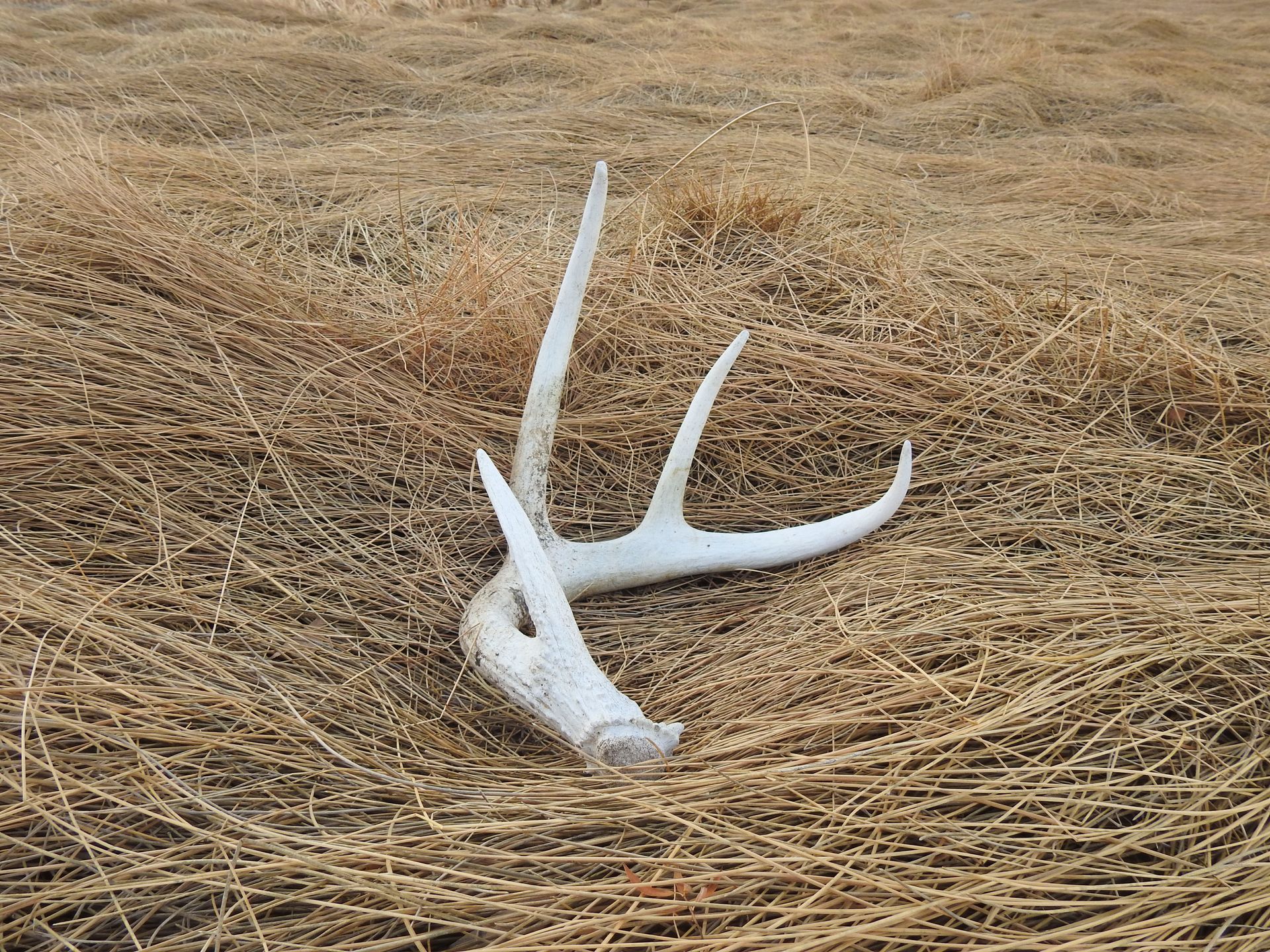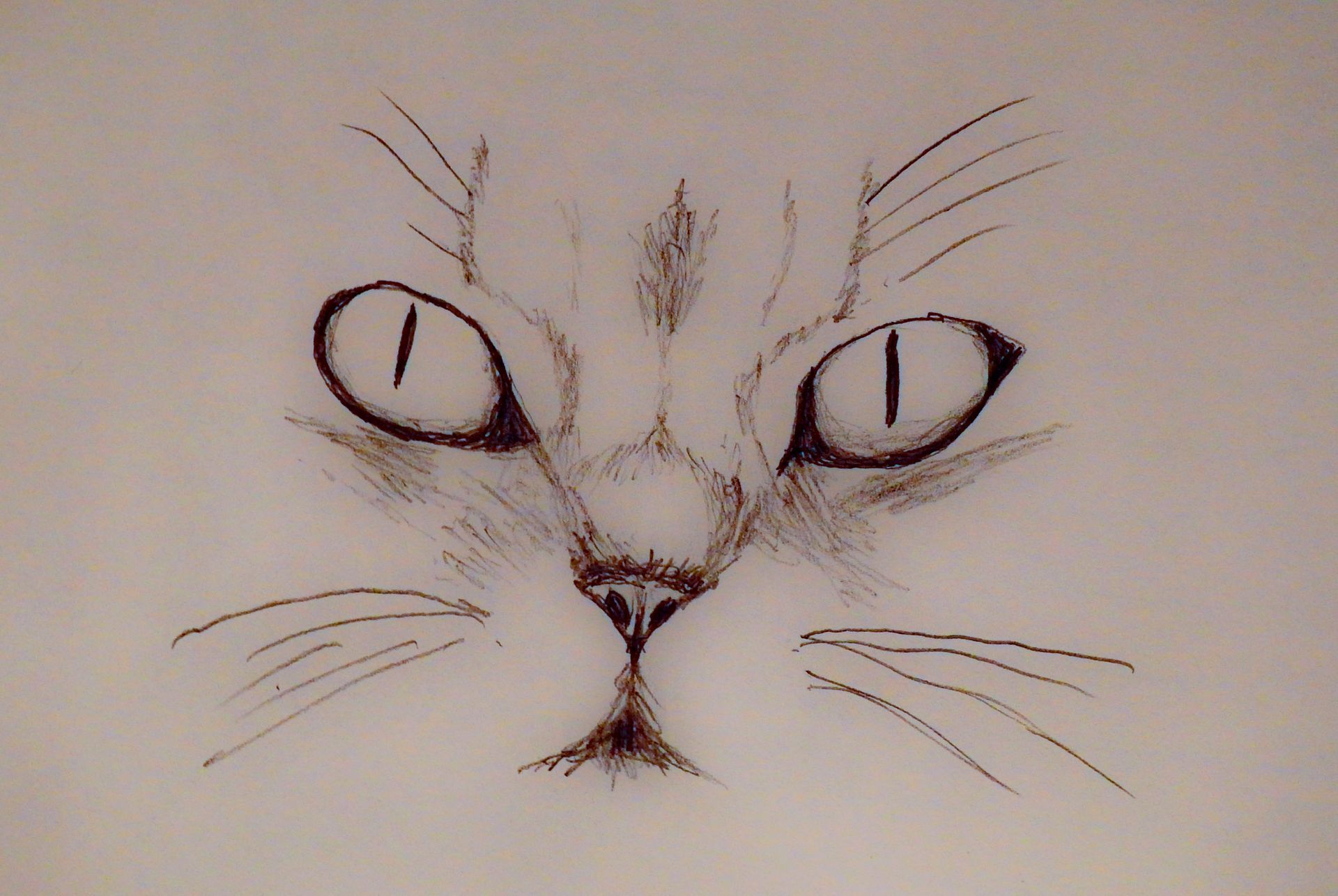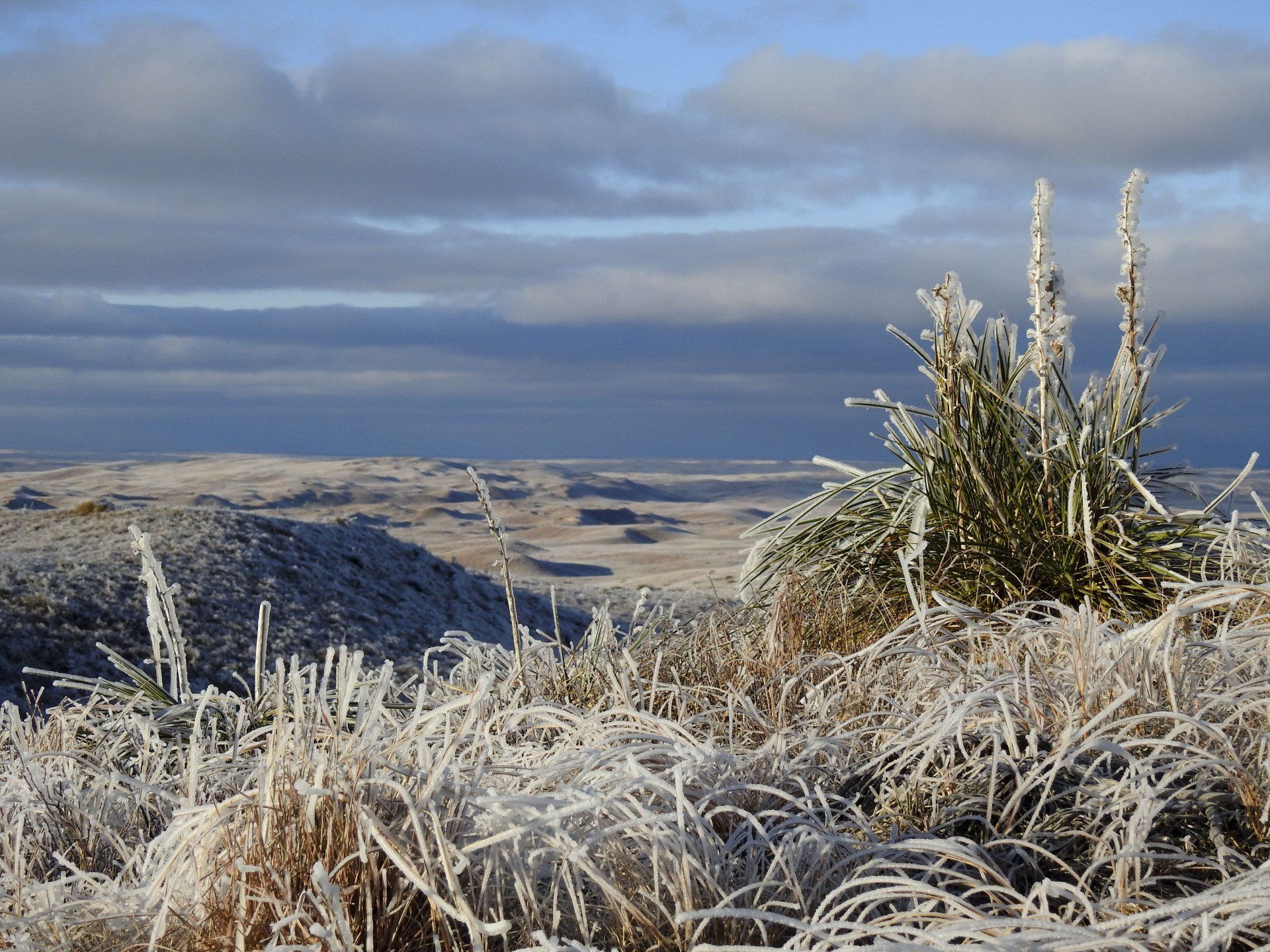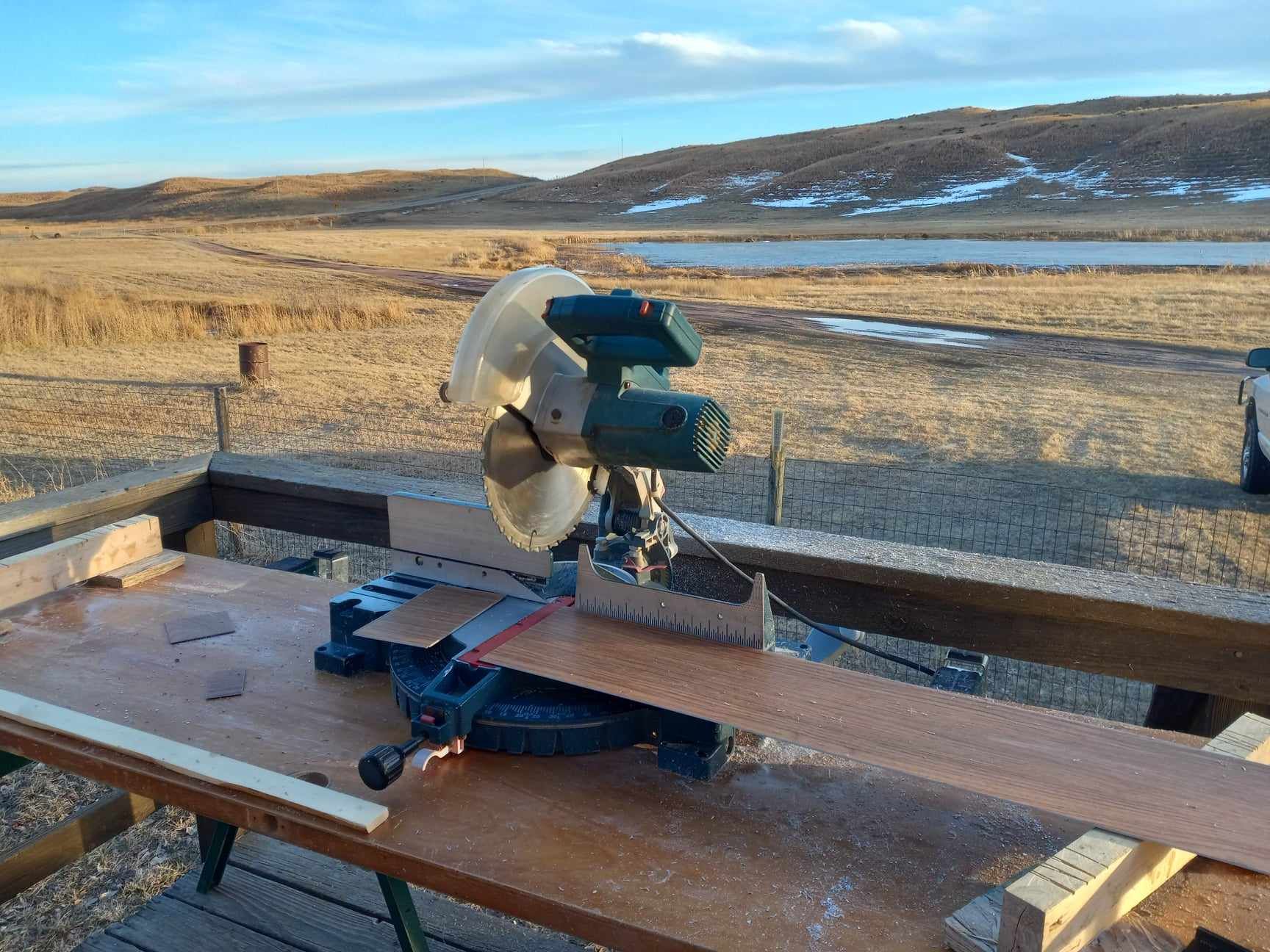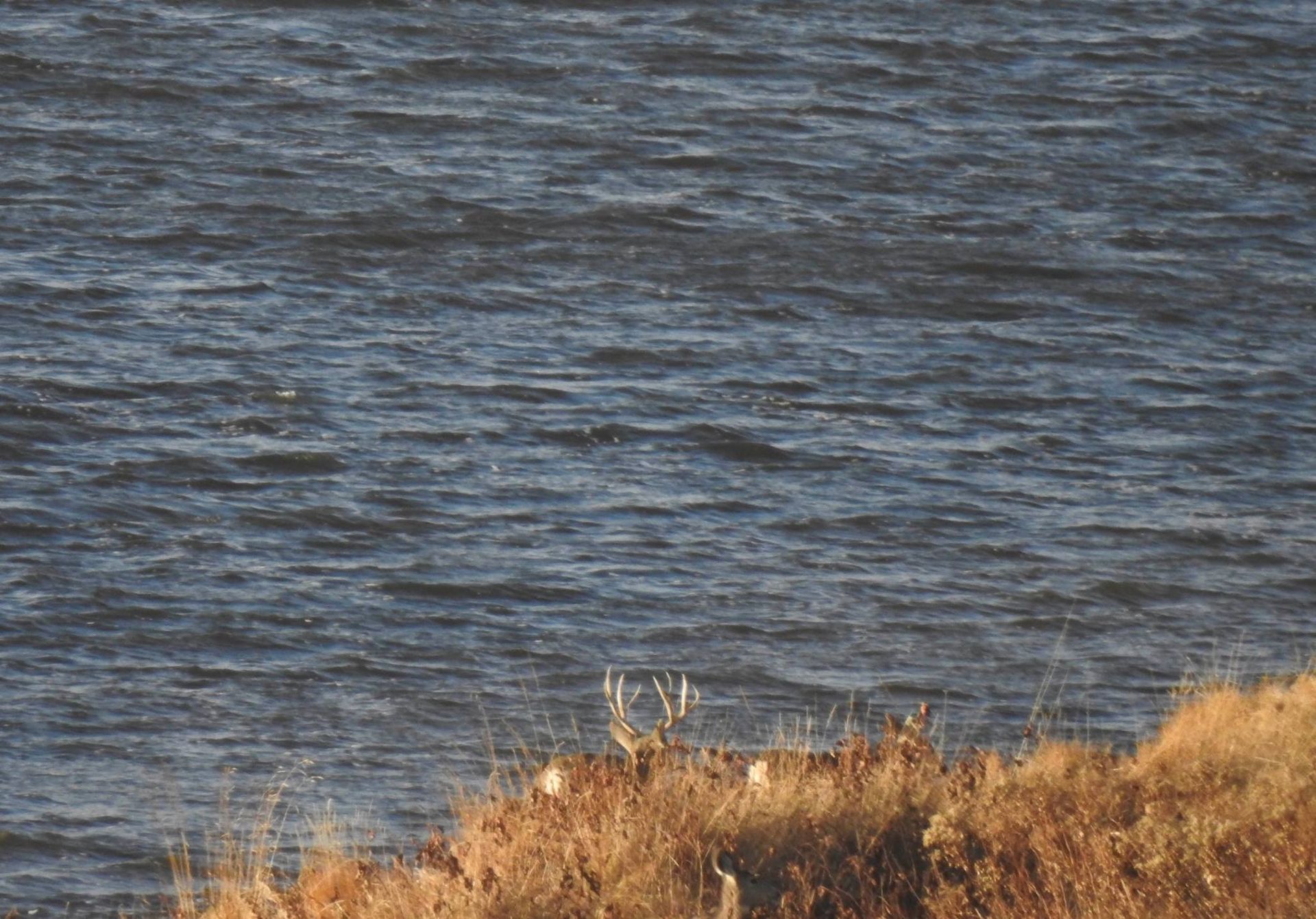Secrets of the Sandhills
A Nebraska Sandhills Novel
Rivers
Why such odd river names?
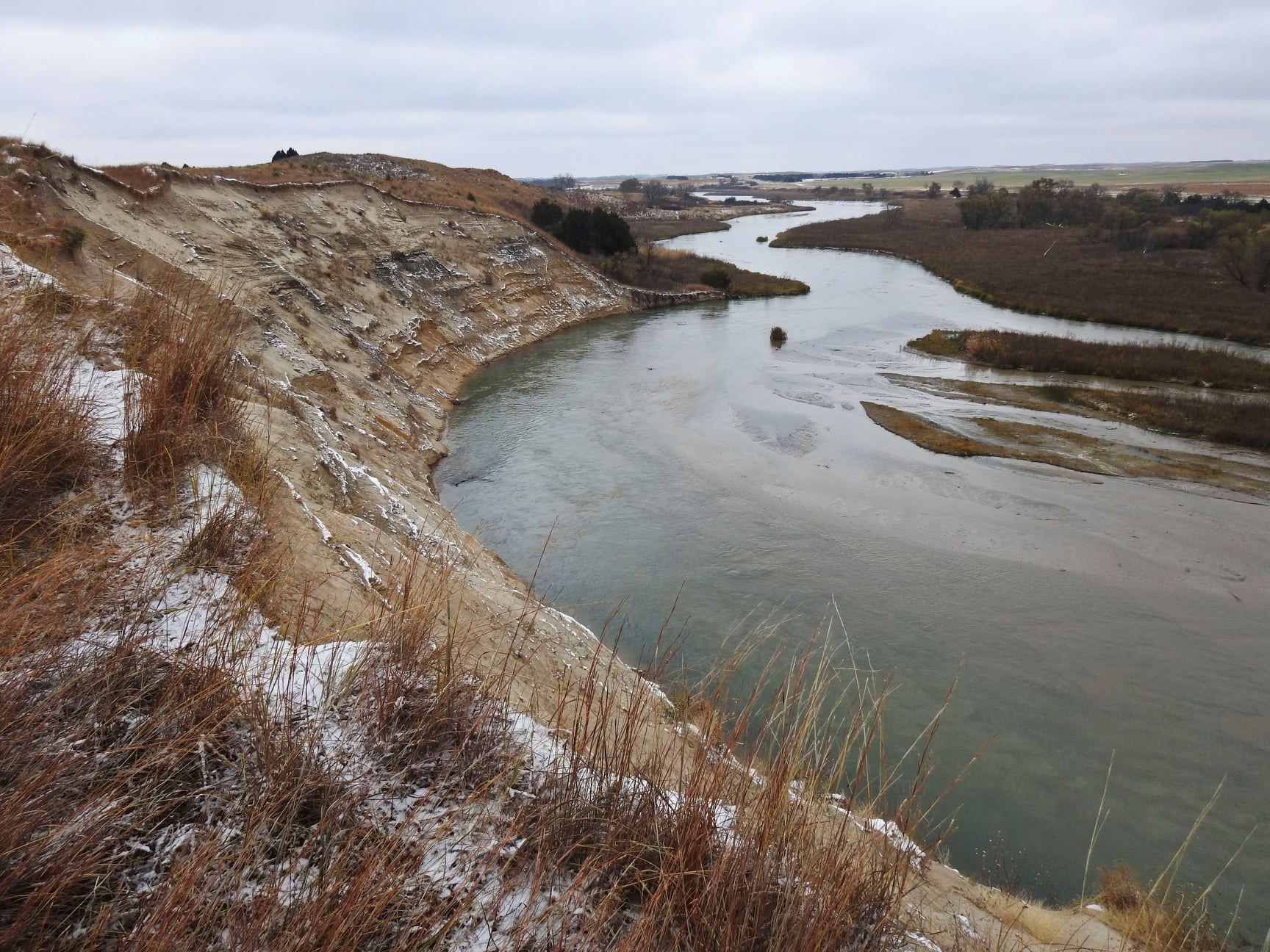
The Dismal River
Name origins fascinate me. For instance, the name "Nebraska" comes from the Otoe word "Nebrathka", meaning "flat water." French traders who worked this area three hundred years ago translated this word and designated it to the river that formed "The Great Platte River Road" to the Rockies. For some reason they changed the spelling from "plat" which means flat to "platte" which means boring in French.
A much less "boring" river flows across the top of Nebraska. The Niobrara gets its name from the Ponca word which means "running water."
The French also named the Loup rivers. "Loup" is their word for "wolf" people-- the Pawnee who lived on it's banks. They were impressed by the large dogs that the Pawnee women kept for pulling loaded travois on their buffalo hunts.
The Elkhorn river was named after the Omaha chief, Ta-ha-zouka, or "Elk's Horn."
Last winter I came across some interesting history in the book, The Pawnee Indians, by George Hyde. I have always wondered how Nebraska's Republican River got its name. It seems that in 1776, a band of Pawnee who didn't like the politics of the Grand Pawnee broke off and settled on this southwestern river. This move impressed Spanish officials who were in charge of this territory as an event comparable to the revolt of the American colonies. They dubbed this river: Nacion de la Republica, home of the Kitkehahkis band of Pawnee, or Republicans.
Each time we cross a river bridge in this part of the world, we can thank the American Indians, the French, and the Spaniards for the names that we now take for granted. It also helps us celebrate our independence from European rule. Happy Independence Day!
p.s. In answer to the question whether England has a 4th of July: yes, they don't skip from the 3rd to the 5th.
